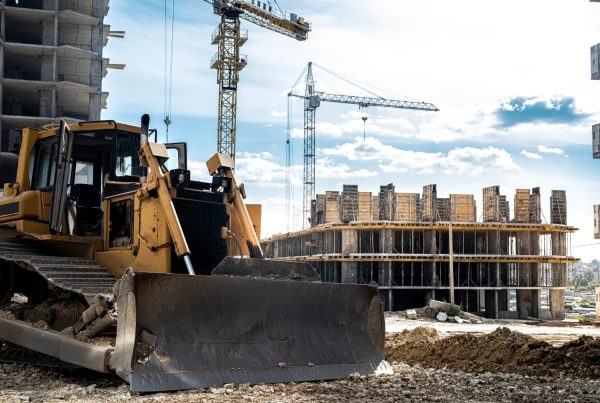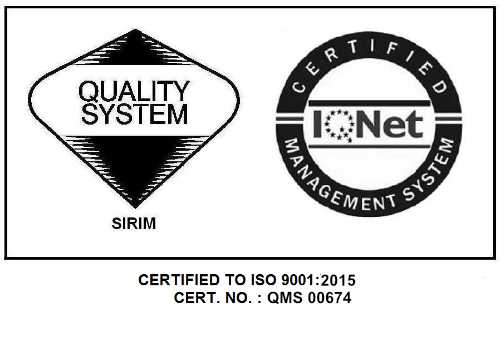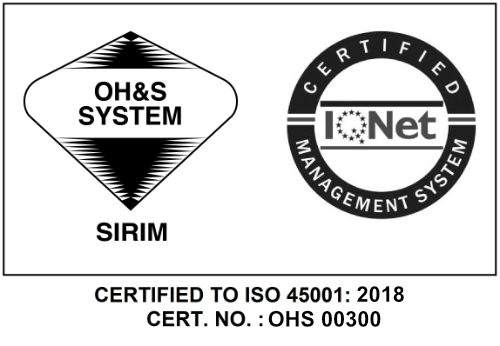
Japan’s Building Information Modelling (BIM) market is experiencing robust expansion, fuelled by the nation’s strong commitment to technological innovation in the construction field. In 2024, the market reached an estimated US$0.46 billion and is anticipated to grow to approximately US$0.84 billion by 2029. This trend mirrors the digital-first approach adopted by many regions worldwide, where BIM is increasingly seen as a cornerstone of modern project design and data management.
In 2020, the Ministry of Land, Infrastructure, Transport, and Tourism (MLIT) issued guidelines to standardise BIM processes, incorporating ISO 19650 standards where applicable. This initiative represented a big government effort to foster BIM in building design. Even earlier, in 2010, MLIT initiated pilot projects to look into BIM’s potential in public construction, emphasising its importance in solving Japan’s unique difficulties, such as ageing infrastructure, falling housing quality, and stringent earthquake-resistant building standards. Despite these efforts, BIM remains voluntary, even as its benefits in overcoming these obstacles grow increasingly apparent.
Recognising the value of skill development, Okana has opted to adapt its extensive BIM training materials to Japanese. This smart move provides local experts with the most recent digital tools and standardised processes required in today’s rapidly changing construction business. Andrew Johnson, Okana’s associate and head of training, highlights that practical BIM training based on the ISO 19650 standard may improve project success by guaranteeing better collaboration and compliance across teams.
Sean Chan, a bilingual expert with a deep understanding of BIM and cultural subtleties, is at the centre of this translation endeavour, ensuring that the training content is technically accurate and contextually meaningful. Okana’s goal in making these resources available to Japanese construction professionals is to encourage the adoption of global standards, streamline workflows, and further integrate Japan into the international digital construction ecosystem. With operations in over 40 countries, Okana is committed to personalising its training to the specific demands of each market, whether advanced or emerging.
Source: Okana Global














